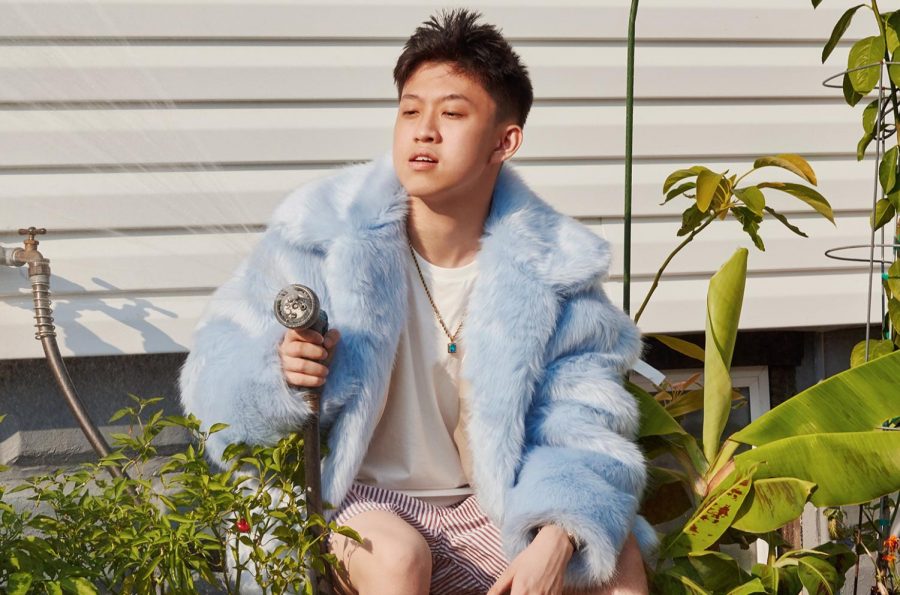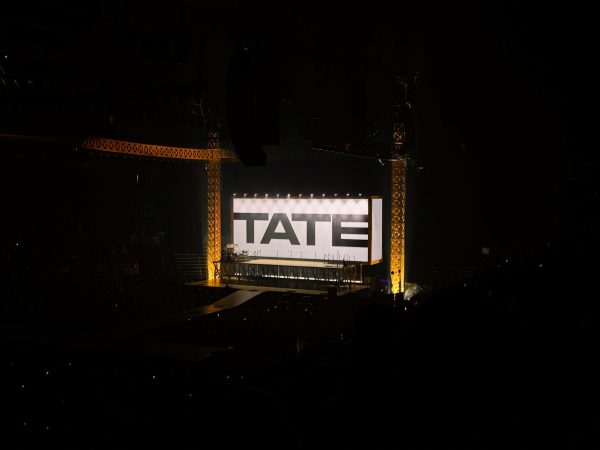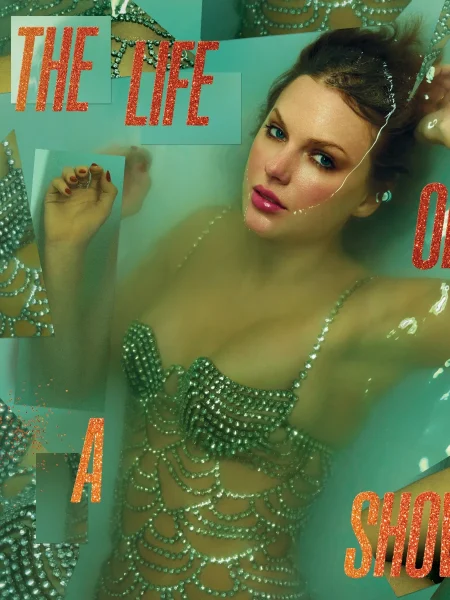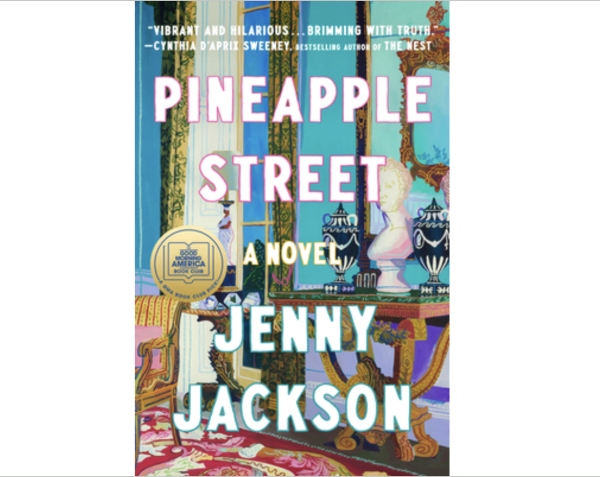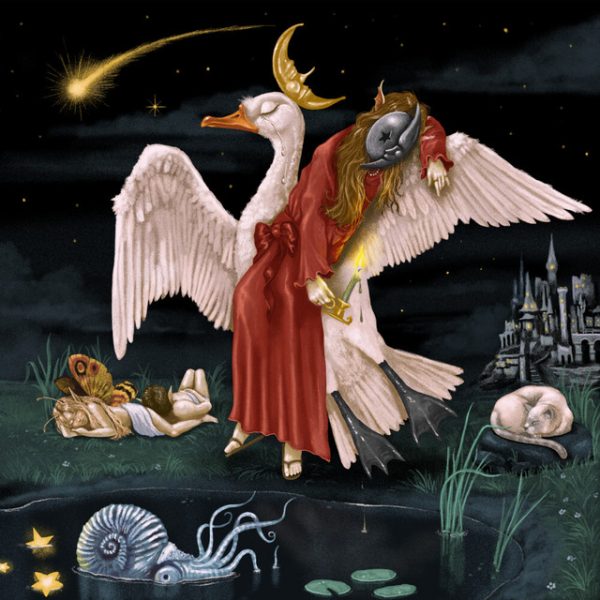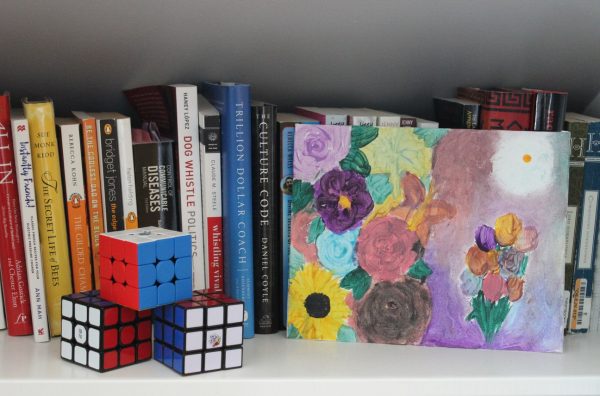From Rags to Rich Brian: Exploitation and Erasure Within Representation
I first watched the “Dat $tick” by Rich Brian – best known as Rich Chigga – music video off of Twitter in 2016 with an eager smile. Here was a young East-Asian kid, pink fanny pack-clad, juxtaposed with two guns carelessly waved around in the air, and with a voice that threw me off as one of a wised up man.
And there I was, a 15 year old Asian-American kid, who did not (and still does not) really pretend to understand the nuance of rap flow and beats, or how to write or rap meaningful lyrics, but felt connected to him in a way outside his lyrics.
Rich Chigga’s summary and general blurb that began to spread from 2016 was that his real name was Brian Imanuel, and he was a 17 year-old Indonesian Vine star who learned English through the internet and started rapping in 2016. I bopped along to his songs without simply loading a Genius lyrics page for “Dat $tick.” I was a fan throughout “Who Dat Be,” “Seventeen,” and throughout arguably one of his biggest hits “Glow Like Dat,” before I pulled a 180 on my fanmanship.
It was actually a Genius lyric breakdown video of his first song “Dat $tick,” where it turns out he had actually said the N-word in his lyrics. Imanuel apologized in the breakdown video, and said his use of it was immature and intentionally controversial, something he began to reiterate throughout his career.
And from there I took a look behind the trail Rich Chigga and I had walked together. I realized that his exploitation of a racial slur for his rap career name and flow was undeniably ignorant and horrendous. I would ask my friends how they felt about it, my Asian friends in particular, and they would respond that it wasn’t really a big factor for them. I saw Asian-American peers actually using the word “chigga” to refer to themselves on social media.
For the record, I had never been called “chigga” as a racial slur or even heard this as a term before Rich Chigga’s popularity spike. But even if it was used as a racial slur derogatory towards Chinese or Asian-Americans, it still would paste a surface level understanding and blind erasure of the history of slavery and the N-word itself. I chose to be ignorant for my own pleasure and pride in having an Asian rapper that was becoming more popular by the day.
Not listening to his music proved harder every day. He collaborated with popular rapper 21 Savage on “Crisis,” and another controversial rapper XXXTentacion in “Gospel.” His music had more depth as he got more popular – rapping about a past love in “Glow Like Dat” – and his lyrics had more clever and cunning word play. And even as I began listening to other Asian/Asian-American rappers like Anderson .Paak, Dumbfoundead, and Joji, I could not escape the fame that followed Rich Chigga.
Then came Jan. 1, 2018. Imanuel posted on Instagram that he was changing his stage name to Rich Brian. “I have been planning to do this forever and I’m so happy to finally do it. I was naive and made a mistake,” he detailed on his post, which also served as a promotion for his new song “See Me.”
I was confused about my emotions, but I was guiltily relieved. Somehow, I felt like a weight had been lifted off my shoulders in that it was okay for me to listen to his music again. But in reality, there was no way that it could be lifted in a single day.
His use of such a heavy and complex racial slur, not designed for his mouth, his lyrics, or his stage name created a shroud of ignorance in his career that became harder to resolve than an apology via a Genius lyric breakdown video or Instagram post.
It is easy for me to ignore everything that has happened, and ‘accept’ his apology even though it was not intended for me. But it is not my place to ignore or accept his apology, as I had ignored and accepted his ignorance for so long.
Here I am, listening to his new album ‘Amen.’ It hurts to realize that such a fun-loving rapper with catchy lyrics and a face to represent Asia could be built upon such lack of knowledge of the N-word — using it in his first hit song along with capitalizing off a play of it in a stage name. And I’m still conflicted on whether I can or should listen. For someone who started off and still is very much a mainstream-rap enjoyer, Rich Brian’s music really does match a lot of the other music in the scene. It brought a thin Asian kid with busted teeth to my screen: an appearance I found representation in, probably more than his lyrics or his music in general at first.
My journey with Rich Brian and everything he has stood for and every statement he has stepped down from has had an impact on not only his career but the Asian rap game. It’s not a case of separating artist versus art because Imanuel had branded his artistry as being controversial and offensive from day one. It’s not in my jurisdiction to tell anybody whether his music is acceptable or unacceptable; whether they think he has learned from his mistakes or deserves an ounce of empathy for his actions is up to them. For everybody, however, his past and history must be seriously considered before quickly glazing over his many apologies and pumping up the music.




